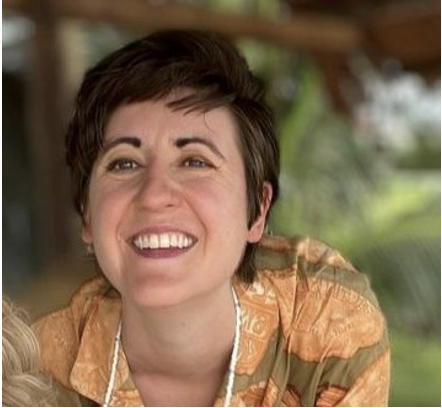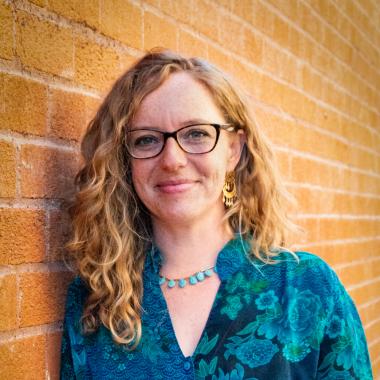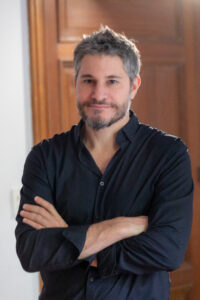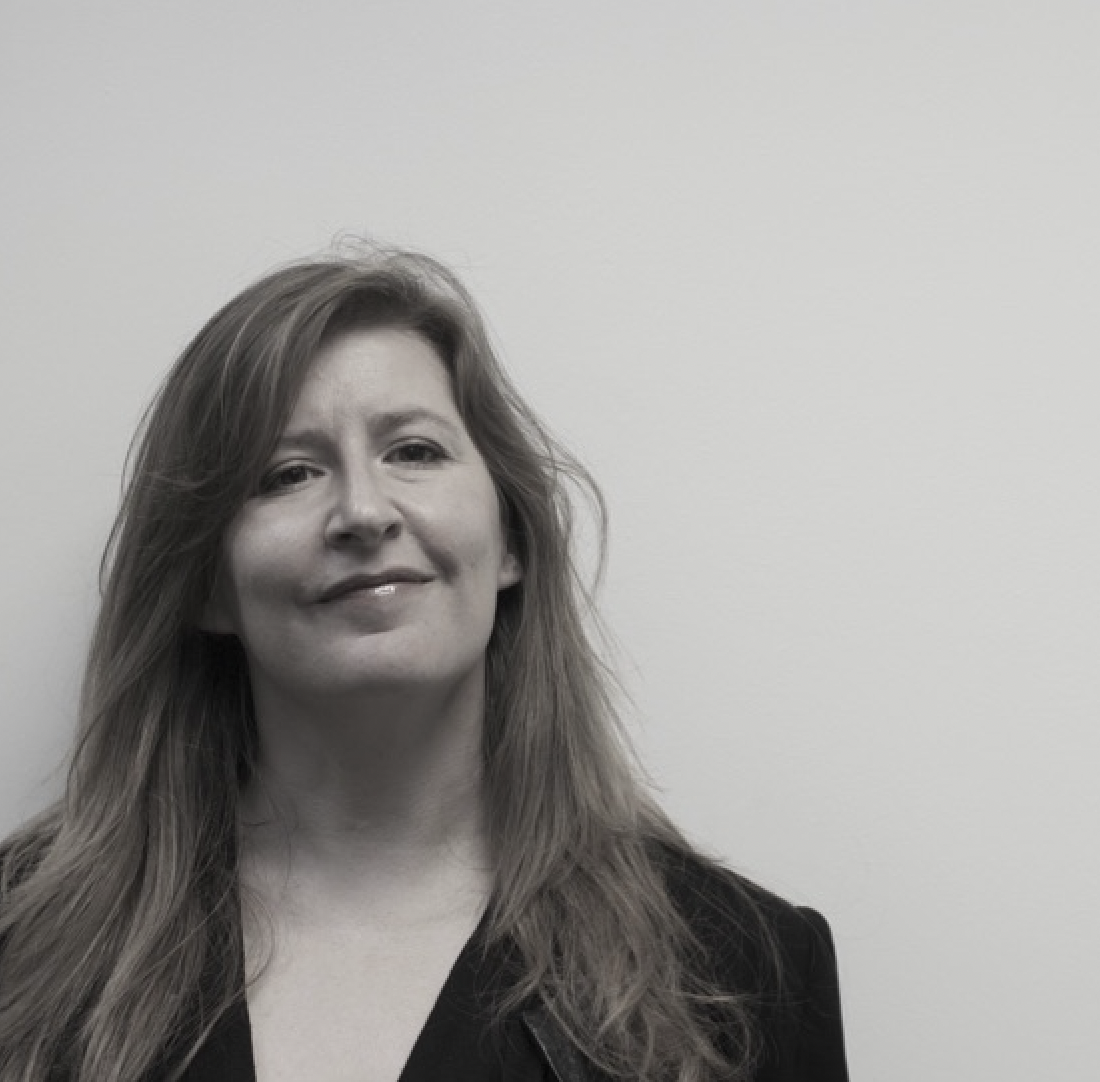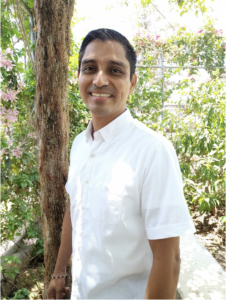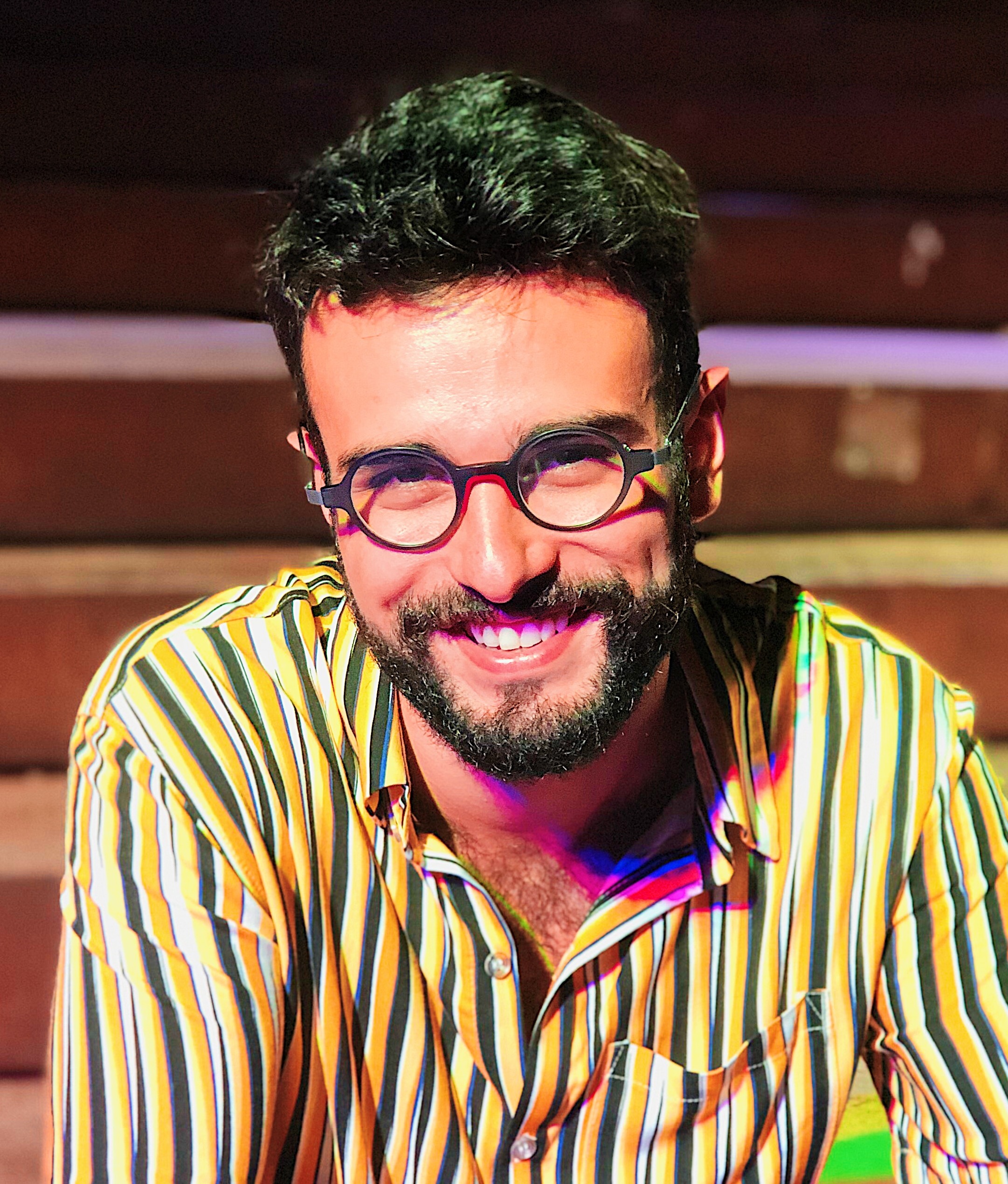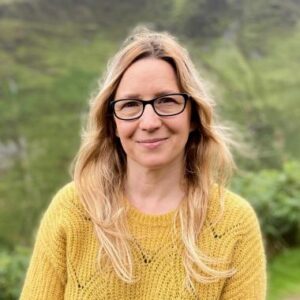Who We Are
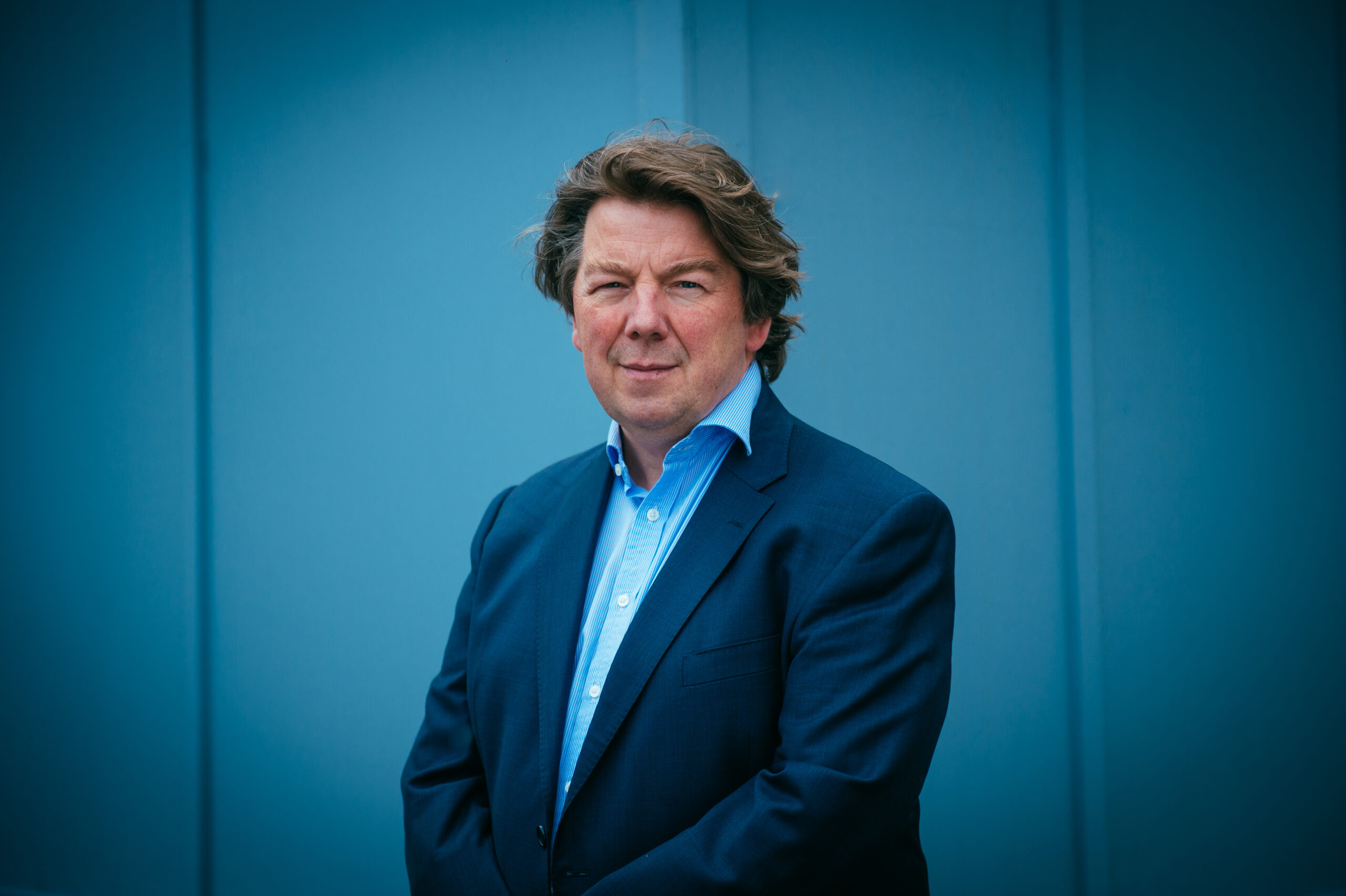
Dominic Campbell
Dominic Campbell is leading the ArtsAndBrain.com initiative.
Dominic Campbell is a cultural producer interested in the effects on society of creativity and ageing at scale. As Creative Aging International he works from the Irish Republic, on long term strategies to align our understanding of aging with contemporary experience. He specializes in the use of celebration as strategy for transformation.
As Bealtaine Festival Director he steered its celebration of creativity and aging over eight years until it involved 11% of the population over 65. He mentored “celebration of ageing” festivals in Wales (Gwanwynn), Scotland (Luminate), and developed projects with partners in Australia and The Netherlands. In 2012 he established the first global conference on Creativity In Older Age opened by Irish President Michael D Higgins, replicating it in San Francisco (2018) and Kentucky (2019).
Formerly an Artistic Director of Ireland’s national celebration he transformed St Patrick’s Festival’s three shows into ninety growing production, managerial teams, financial support, engagement and impact. Dominic went on to design and produce national celebrations including marking the expansion of the European Union in 2004 with “The Day Of Welcomes” which delivered 12 simultaneous festivals pairing EU expansion countries with Irish towns and cities, and 2,500 artists from 32 countries.
Recognized as a key cultural influencer in Ireland by The Irish Times and by First Avenue as a Key Influencer in Aging in the US, in 2016 he became an inaugural Atlantic Fellow for Equity and Brain Health at the Global Brain Health Institute, a project between Trinity College Dublin and University of California San Francisco. This ambitious worldwide program seeks social and public health solutions to reduce the scale and adverse impact of dementia.
Current projects include an evolving arts programme for the Irish Hospice Foundation, Aging Voices with Sing Ireland, work with the Department of Health Northern Ireland, with BrainLat consortia in Latin America, and collaboration in Nigeria, Singapore, Ethiopia and the USA.
Dominic leads the www.creativebrainweek.com initiative with www.GBHI.com and www.tcd.ie
Website
www.creativeaginginternational.com
www.creativebrainweek.com
Social Media
https://twitter.com/CreativeAgeIntl
https://twitter.com/CreativeBrainWk
https://twitter.com/IrelandChorus
Dr Sarah Fox
Project manager with Dementia United, part of Greater Manchester’s Integrated Care Partnership and Senior Atlantic Fellow for Equity in Brain Health.
Sarah completed a PhD at the University of Manchester investigating how Alzheimer’s pathology affects rhythms and communication between different brain regions involved in forming memories. Despite enjoying the creativity and excitement of working on the edge of our academic understanding, Sarah missed working with the wider public, so sidestepped away from the lab bench to follow her passion for science engagement and public involvement. She has worked on several engagement and involvement projects, recently working with Greater Manchester Mental Health NHS Foundation Trust’s Dementia Research Centre and Dementia United to support patients in understanding, participating in and becoming actively involved in research.
She is now creating a niche for herself using her experience in research, communication, co-production, dementia, and brain health to help provision services and support for people living with dementia across Greater Manchester she is also developing a prevention and brain health awareness project in Greater Manchester alongside Dementia United and with support from GBHI.
Website
https://www.gbhi.org/profiles/sarah-fox
Social Media
https://twitter.com/DrStrangeFox
Jennie Gubner
Jennie Gubner is a socially engaged scholar, violinist, and visual ethnographer. In January 2020 she joined the faculty of the University of Arizona as Assistant Professor of Ethnomusicology in the Fred Fox School of Music, and as Chair of a Graduate Interdisciplinary Program in Applied Intercultural Arts Research. Her research interests include Latin American popular music with a focus on intergenerational tango music scenes in Buenos Aires, creative approaches to the study of music and dementia and aging, ethnomusicological filmmaking, and participatory music scenes as sites of social activism across the Americas and Europe. She holds a PhD from the UCLA Department of Ethnomusicology. In January 2022 she began a position as Film, Video and Multimedia Review Editor for the journal, Ethnomusicology.
While working at the Indiana University Bloomington Department of Folklore and Ethnomusicology (2016-2018), Gubner designed and taught an innovative ethnomusicology and filmmaking course about music and dementia. In 2018 she moved to San Francisco to work as a clinical researcher in the UCSF Division of Geriatrics on a research study about music in dementia caregiving relationships. In 2019, she became an Atlantic Fellow for Equity in Brain Health at the Global Brain Health Institute at UCSF Department of Neurology, where she has been training alongside an international cohorts of scholars, clinicians, artists and activists interested in dementia leadership. In Tucson, Arizona she is currently building multiple intercultural applied research and outreach projects about creative aging with support from the Alzheimer’s Association, the Global Brain Health Institute, the UA Innovations in Healthy Aging Strategic Initiative, and the UA Center for Digital Humanities.
Gubner is also a founding partner/faculty member of an Erasmus+ funded multi-year summer program (2020-2023) in innovative approaches to arts-based research called “Encounters between Arts, Ethnography, and Pedagogy” based in Lesvos, Greece. She has published her research and films internationally and across multiple disciplines, organized multiple international conferences and collaborations around audiovisual ethnomusicology, and presented her research at major music, humanities, and medical conferences. As a violinist she plays Argentine tango and folk music, bluegrass & old-time fiddle, and Sicilian popular music.
Website
www.jenniegubner.com
Social Media
https://twitter.com/GubnerJennie
Dr Agustin Ibanez
Agustin Ibanez is a neuroscientist interested in global approaches to dementia and social, cognitive, and affective neuroscience. He is the Director of Latin American Brain Health Institute (BrainLat) at Universidad Adolfo Ibáñez (UAI) in Chile. Also, He holds international positions from the USA/Ireland [Atlantic Fellow for Equity in Brain Health at the Global Brain Health Institute (GBHI) at the University of California San Francisco and Trinity College Dublin)] and Argentina [Cognitive Neuroscience Center]. Agustin holds a track record of +300 publications (+120 in the last five years), including top-ten journals (e.g., Lancet Neurology, World Psychiatry, Nature Reviews Neurology, Nature Human Behavior, JAMA Neurology, Alzheimer’s & Dementia, Brain, Neuron). He has received funding from the Inter-American Development Bank (IDB), ANID (Chile), COLCIENCIAS (Colombia), DAAD (Germany), MRC (United Kingdom), CONICET (Argentina) and Alzheimer’s Association, Tau Consortium, GBHI, Takeda, and NIH/NIA (USA). He is the founder of critical regional initiatives, such as the multi-partner consortium to expand dementia research in Latin America (ReDLat) and the Latin American and Caribbean Consortium on Dementia (LAC-CD). His work has been highlighted in the BBC, Nature, Nature News, Discovery Channel, Popular Science, Daily Mail, Newsweek, Le Monde, and Oxford University Press, among others.
Website
https://dragustinibanez.com
Social Media
https://twitter.com/AgustinMIbanez
https://www.instagram.com/dr.agustinibanez/
https://www.facebook.com/agustin.ibanez.351756
https://www.linkedin.com/in/agustin-ibanez-b727172b/
Bea Kelleher
Bea Kelleher has been working in arts and communications for over 30 years. Since graduating, she has worked across every discipline in the marketing industry from pure play graphic design agencies to PR companies, from sales promotion to advertising, from digital to direct response and shopper marketing.
Her experience and involvement in the arts and cultural sectors is long established and successful. As the Executive Producer, she helped set up Spiegelworld LLP in the USA, and her other experience includes EP of the Dublin Fringe Festival, Line Producer for the iconic Gaiety Theatre pantomime, Manager for the Anna Livia International Opera Festival, Deputy Manager for the Dominion Theatre and other venues/productions. As Executive Director of the Gate Theatre Dublin she was responsible for the planning, transference and successful implementation of the commercial and operational side of the theatre following a change in leadershipin 2018. As Head of Operations of the Dublin City Council Culture Company she was responsible for the legal, HR, H&S, buildings, IT and general operations of this multi-site cultural organisation.
Bea is the Co-Founder and Executive Producer of Creative Aging International and is also currently working with the Arts Council of Ireland on the Theatre Team.
She has been on a number of arts boards as well as marketing industry-representative board and acts as an advisor to a number of self-producing performance companies and festivals.
Bea is the co-ordinator of ArtsAndBrain.com
Website
www.creativeaginginternational.com
www.creativebrainweek.com
Social
https://twitter.com/CreativeAgeIntl
https://twitter.com/CreativeBrainWk
https://twitter.com/IrelandChorus
https://twitter.com/BeaKelleher
Dr Milton López
Milton Lopez Norori. MD, MPH is a geriatrician and associate professor in the Medicine School of Universidad Nacional Autónoma de Nicaragua UNAN-Managua based in Nicaragua. He is a Senior Atlantic Fellow for Equity in Brain Health at Global Brain Health Institute at University of California, San Francisco UCSF, CA USA. He has a degree in Master in Social Gorontology from Spain and Chile and a degree in Geriatric Care from Valencia, Spain. He provides clinical care to the older people living in nursing homes and rural and urban communities in Nicaragua. He is the President of Fundación Alzheimer´s de Nicaragua during the period of 2016-2022. Milton is a consultant and research about aging, health and public policy in his country.
Milton possess strong skills in health promotion (preventing chronic diseases, frailty, and disability) as well as knowledge of long-term care strategies. He has a strong communication skill, preventative care, diagnosis and treatment, making networking and teamwork. Additionally, he has extensive experience in geriatric assessment and supporting formal and informal caregivers. He believes to improve the quality of life of older adult and train the trainers and professionals for a good future in Nicaragua.
He has published 5 national books, 3 articles in international journal and 2 chapters of international books up to 2021.
Website
https://www.gbhi.org/profiles/milton-lopez
Fernando Aguzzoli-Peres
Fernando Aguzzoli-Peres is a Brazilian journalist and bestselling author of five books on dementias, aging, and death for adults and children in four countries.
Fernando began his career after his grandmother’s diagnosis, Vovó Nilva, who lived with Alzheimer’s disease for about six years. He decided to drop out of philosophy school, give up his career, and turn his daily life entirely over to caring for his grandma. Fernando shared his daily life with more than 150,000 families on a social media page in an attempt to break the stigma of dementia in Brazil, and as a result took the topic to major television programs, newspaper covers, and national and international stages.
The talk “Who, me?”, where Fernando shares his adventure with his grandmother, has traveled to countries like France, Spain, Ireland, the Netherlands, Sweden, among others, and most of Brazil, including two TEDx talks nationally.
Fernando is the director of the institute named after his grandmother, Instituto Vovó Nilva, which aims to develop innovative projects in dementia and connect players from different backgrounds and cultures working towards a cause.
He is the Latin America Leader for the World Young Leader in Dementia, Director in Communication and Aging for the International Longevity Center in Brazil, Responsible for the area of Successful Aging and Dementia at the Associação Crônicos do Dia a Dia, a director at Hope Neuropsychiatry, an Atlantic Fellow for Equity in Brain Health by the Global Brain Health Institute and a Senior Fellow of the Young Leader of the Americas Initiative (YLAI).
Website
https://fernandinhoperes.wordpress.com
https://vovonilva.com.br/
Social
www.twitter.com/aguzzoliperes
Dr Nicky Taylor
Nicky is a Research Fellow at Leeds Beckett University’s Centre for Dementia Research where she supports people with dementia to contribute as equals in research. Her current project is CONNECT, a study engaging people with dementia and hospital staff in the co-design of an intervention to improve acute dementia care in multiple hospitals. She also co-leads a Dementia Enquirers study, alongside four people living with dementia and their supporters, to explore the new opportunities people with dementia have access to after diagnosis.
Nicky is Theatre and Dementia Research Associate at Leeds Playhouse. As a theatre and dementia specialist, she works in creative co-production with people living with dementia to tell hopeful stories. She initiated and directed Every Third Minute (2018), a pioneering theatre festival curated by people living with dementia, and facilitated the co-authorship of three plays by people with dementia and professional writing partners. The festival’s creative co-production process formed the basis of her doctoral research.
Nicky commissioned and guided the creation of a new play, Maggie May by Frances Poet, involving a broad range of people with dementia as creative advisers in a 5-year process. Maggie May performed to audiences in Spring 2022 in Leeds, London and Leicester, attracting 5-star reviews from national press, in a fully dementia-friendly run. It tells the story of an ordinary family adjusting to cope with life with dementia.
Nicky was Leeds Playhouse’s Community Development Manager for 12 years, during which she conceived and produced the UK’s first Relaxed Performance for learning disabled audiences (2009) and the world’s first Dementia Friendly Performance (2014). She has authored a best-practice guide to staging dementia friendly productions and supports the theatre industry, nationally and internationally, to involve and value people with dementia as creative equals.
As a Senior Atlantic Fellow at the Global Brain Health Institute (Trinity College Dublin/University of California San Francisco) Nicky advocates for the arts as an essential component of positive brain health. She is working towards greater equity of access to creative interventions and she promotes meaningful involvement of people with dementia in conversations, research and creative practice about brain health.
Nicky’s experience as a Churchill Fellow (2014) enabled her to travel internationally to explore participatory theatre and arts practice connecting people with dementia to their communities, maintaining positive relationships in couples and families experiencing dementia.
Nicky has worked with older people and people with dementia in arts, health and care settings for over 25 years, and has been recognised with major national awards from Arts & Business, The Alzheimer’s Society and National Dementia Care Awards. Her experience as a carer, supporting people in their own homes and in care homes, was integral to forming her ethos of working with and learning from people living with dementia.
Website
https://www.nickytaylor.uk
Social Media
https://twitter.com/_nickytaylor
Special Thanks
With thanks to the following people who translated the case studies:
Cinthya Aguero, Ana Amaral, Daniel Araya, Paulina Arriagada, Jose Alberto Avila-Funes, Sonia Brucki, Marcia Cominetti, Josefina Cruzat, Alejandra Davidziuk, Dra. Lissette Duque Peñailillo, Renata Eloah de Lucena Ferretti-Rebustini, Alex Kornhuber, Tomás León, Cecilia López Steinmetz, Maritza Pintado Caipa, Federico Teitelbaum Dorfman, Mayte Vergara Manríquez, Berenice Werle, Adrian Zegarra, Jenny Zitser
Support
This work received funding from the Instituto Latino-Americano de Saúde Cerebral (BrainLat), Universidad Adolfo Ibáñez, Santiago de Chile, # BL-SRGP2021-05
